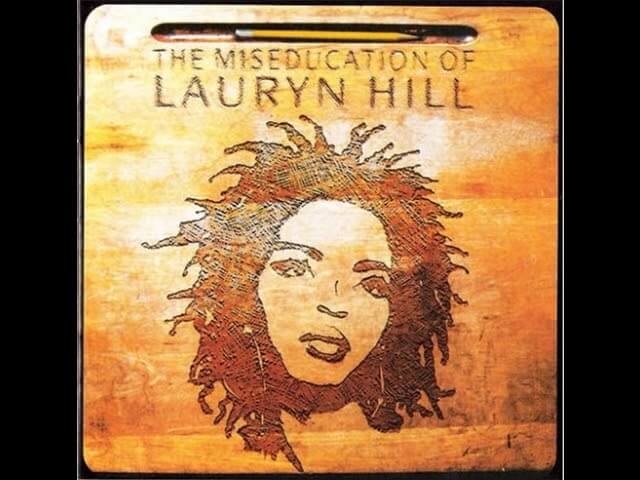Lauryn Hill’s Miseducation is more than a crossover—it’s a beacon


The 70-minute album became an anthem for women worldwide, a clarion call to love oneself and each other, and to trust the empathy and instinct inside. It debuted at No. 1 on the Billboard 200 and earned 10 Grammy nominations. It broke records and exceeded expectations, and prompted Hill’s meteoric rise from Fugees band member to international icon, who steered songs from studio sketches to the tops of charts. And as much as Hill’s work is a celebration of positivity and community, it’s also a powerful and gorgeous showcase for her skills as a songwriter, rapper, and singer. Soul, R&B, hip-hop, and reggae touchstones flicker like a flag in the wind, graceful and flexible, with a confidence that comes with being supported by a steel anchor—Hill’s unmatched voice, in this instance.
Since the Fugees’ 1996 sophomore LP, The Score, torched the charts, critics and fans have declared Hill top dog of lady MCs. To be clear: This marginalization of her ability is both unfair and unequivocally false. With a velvety flow unmatched by even the most skilled of her peers, astute and prophetic verses gliding from throat to tongue as if second nature, Hill has proven one of the great masters of her craft. A studied lyricist knocking down end syllables like a row of tin cans, Hill isn’t one of the best female rappers of all time. She is one of the best rappers ever.
Case in point: verse two of “Everything Is Everything.” If in no other place it’s in these 18 lines that we understand Hill’s point of view best. A celebration of spirit, self, and sisterhood, and a studious declaration of feeling oneself, there’s no better encapsulation of Hill’s multitudinous ability. From her blunt-force delivery, double-layered on words and phrases especially deserving of emphasis, Hill traverses idols (Betty Shabazz), culture (“Bomb graffiti on the tomb of Nefertiti / MCs ain’t ready to take it to the Serengeti”), braggadocio (“You can’t match this rapper-slash-actress”) and her worldview (“Adjacent to the king, fear no human being”) in a swoop of unlikely rhyming perfection that has elicited a thousand horrible covers on YouTube. No one of earth or spirit can touch Ms. Hill’s skills, she says, and hearing the track, you believe her.
Miseducation has been cited as one of the most successful crossover albums of the ’90s, ushering hip-hop to mainstream pop audiences. It was the first Album Of The Year Grammy winner with rapping. More importantly, it presented the beautiful complexities of womanhood to the world—one where men controlled the industry and its conduits—with a grace and earnestness humanity could rally behind. This brilliant testament arrived without posturing and fabrication, only Lauryn Hill’s raw talent and the work of trusted collaborators in Jamaica who sought to elevate the message.
Though later dogged by squabbles over album credits, The Miseducation Of Lauryn Hill remains a beacon in a dark era of White House-sanctioned misogyny amplified by cable news channels 24 hours a day. The musical poetry of Miseducation transferred hope to multitudes of women and girls barraged by relentless attacks on female sexuality, female truth, and female power. In a socio-political climate that insisted women were untrustworthy, we could believe in Lauryn Hill.










![HBO teases new Euphoria, Larry David, and much more in 2026 sizzle reel [Updated]](https://img.pastemagazine.com/wp-content/avuploads/2025/12/12100344/MixCollage-12-Dec-2025-09-56-AM-9137.jpg)




























